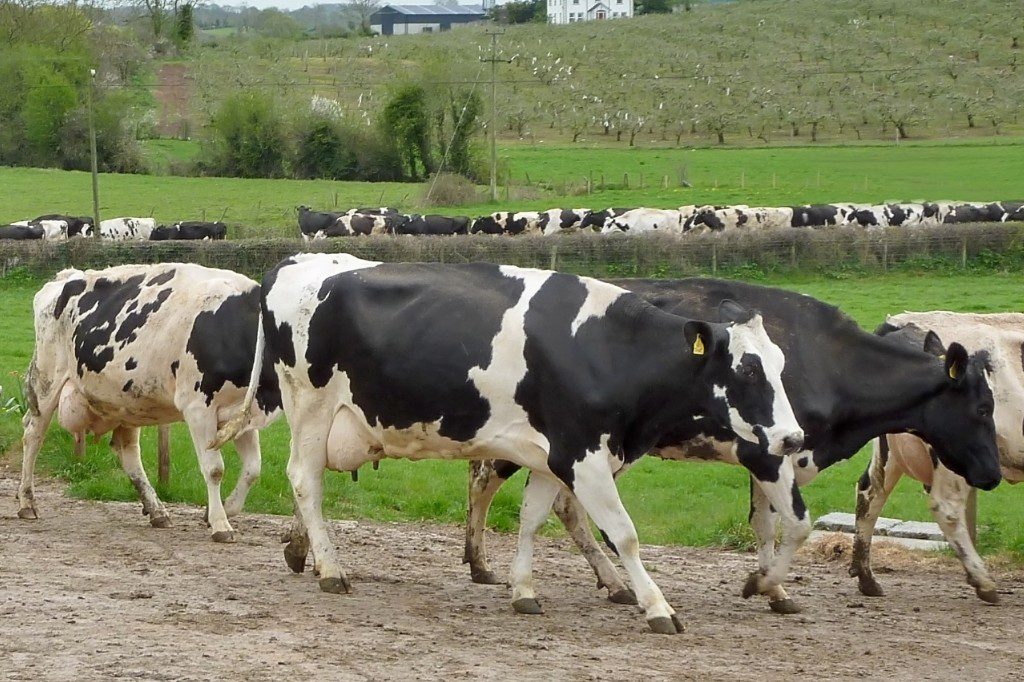Ireland’s Liquid Milk scheme should be scrapped with immediate effect.
It’s an aberration and a throwback to the days when a select group of dairy farmers got a whopping bonus for supplying milk during the winter months.
On that basis alone, it smacked of favouritism and was highly discriminatory, regarding its impact at farm level.
In fact, I am surprised that the EU Commission has not stepped in before this to formally review the workings of the scheme.
I also get very frustrated when I read about Liquid Milk producers complaining about the lack of margin they are making from their enterprises. And this is a story that has been kicking around for years.
One only has to look at the way the dairy industry in Northern Ireland now operates. All the dairies pay a realistic bonus for winter milk. In fact Dale Farm is paying both a winter price increase plus a further bonus for additional milk produced relative to 2015 later this year.
So why can’t the industry south of the border operate along similar lines? After all, milk, is milk, is milk. In an open market scenario, the processors could simply draw-off the liquid volumes they need from the general pool of milk they procure.
The last decade has seen millions of euro spent by the Irish dairy co-ops in additional stainless steel, simply to meet an enhanced, post-quota milk supply that kicks in during the months of May and June. This, of course, means that much of the additional processing capacity is moth-balled during the winter months.
I am totally aware of the fact that it costs more to produce winter milk than it does to put cows out into a paddock on a summer’s day. But winter milk would suit those farmers with a fragmented land base, whose priority could then become that of making good silage and pushing serious volumes of milk from autumn calving cows.
And, of course, grazing cows is not always the panacea many make it out to be. The last week has seen many parts of the country receive three to four times the amount of rain that would normally be expected at this time of the year.
Under such circumstances, cows stop grazing and head for the nearest hedge. They also tramp around and cause untold damage to swards. The alternative, in such circumstances, is to bring the cows back in and offer them silage and meal. But, surely, this defeats the purpose of having them at grass in the first instance.
Ireland’s dairy industry needs to take a strategic look at its milk production profile. The differential between peak spring output and winter production levels is far too high. One way of getting around this problem is for processors to pay a decent winter bonus, which all dairy farmers can avail of – should they choose to do so.
